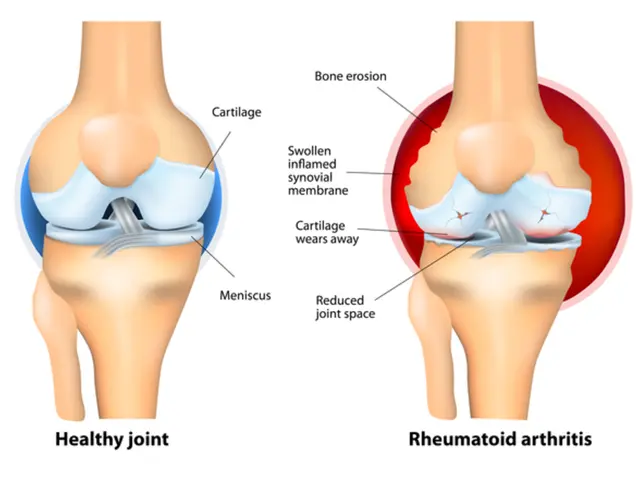COVID-19 may potentially interfere with electrical activity in the frontal lobes of the brain.
In a recent review of studies, researchers have found that abnormalities in the frontal lobes of the brain, as identified by electroencephalography (EEG) tests, are prevalent among patients with neurological symptoms caused by COVID-19.
While the exact prevalence of neurological symptoms in severe COVID-19 cases can vary, estimates suggest that around 15-25% of patients may experience issues such as headaches, confusion, delirium, impaired consciousness, seizures, and strokes. These patients may be referred for EEG tests, which measure the electrical activity of the brain by placing electrodes on the scalp.
To investigate the impact of COVID-19 on the brain, researchers from Baylor College of Medicine and the University of Pittsburgh analyzed EEG results from 617 patients from 84 different studies. The most common findings were slowing of brain waves and abnormal electrical discharges.
The extent of these EEG abnormalities was found to positively correlate with the severity of the disease and the presence of preexisting neurological conditions, such as epilepsy. Approximately one-third of the identified abnormalities were in the frontal lobes of the brain.
"We know that the most likely entry point for the virus is the nose, so there seems to be a connection between the part of the brain that is located directly next to that entry point," explains Dr. Zulfi Haneef, assistant professor of neurology and neurophysiology at Baylor.
He adds that this evidence suggests the need for wider EEG testing and other brain imaging techniques like MRI or CT scans to get a closer look at the frontal lobe. However, the authors of the review note that the virus may not be wholly responsible for all the observed damage, as systemic effects of the infection, such as inflammation, low oxygen levels, and cardiac arrest, may also play a role in EEG abnormalities that extend beyond the frontal lobes.
Long COVID, a term used to describe lingering health problems experienced by some individuals after recovering from the virus, has been associated with neurocognitive impairment, including "brain fog.” A recent study found that those who had COVID-19 performed less well on an online cognitive test than those who did not believe they had contracted the virus, suggesting a possible link between the infection and long-term cognitive decline. While the study has yet to be peer-reviewed or published, it adds to growing concerns about lasting effects on the brain.
"These findings tell us that there might be long-term issues, which is something we have suspected, and now we are finding more evidence to back that up," says Dr. Haneef. On a positive note, the study identified improvements in 56.8% of patient's EEG test results upon follow-up. However, limitations of the research include the lack of raw data from individual studies, possible skewing of results due to a higher number of EEGs performed on patients with neurological symptoms, and the use of anti-seizure medications that may have obscured signs of seizures in EEG traces.
- Some patients with neurological symptoms caused by COVID-19 may experience epilepsy seizures, among other issues.
- The abnormalities in the frontal lobes of the brain, as revealed by EEG tests in COVID-19 patients, might be linked to the virus's entry point in the nose.
- The research on the impact of COVID-19 on the brain suggests a need for wider use of EEG tests and other imaging techniques to scrutinize the frontal lobe, but the virus may not be solely responsible for the observed damage.
- Long COVID has been associated with long-term cognitive impairment, raising concerns about potential lasting effects on mental health and neurological disorders.








